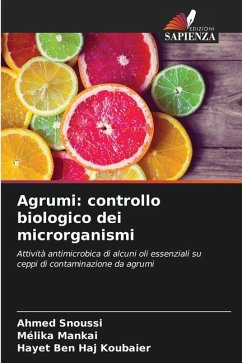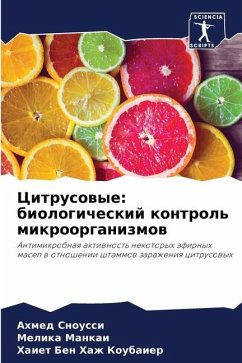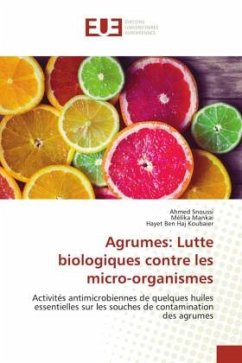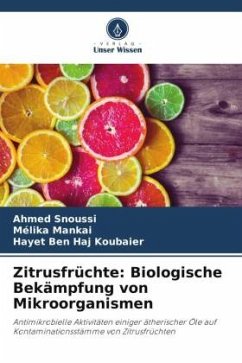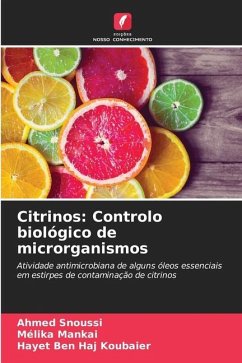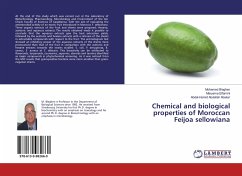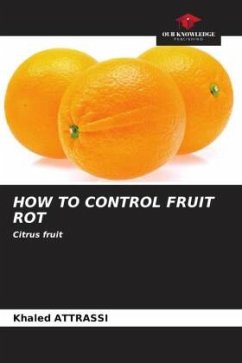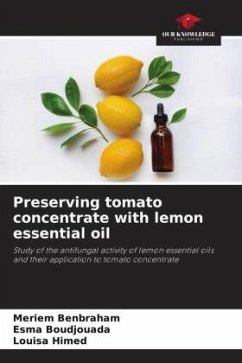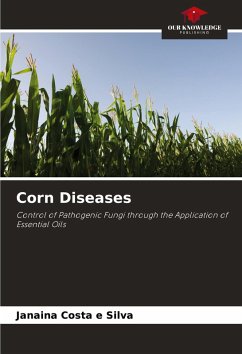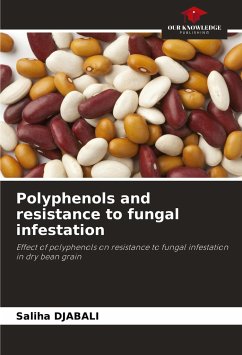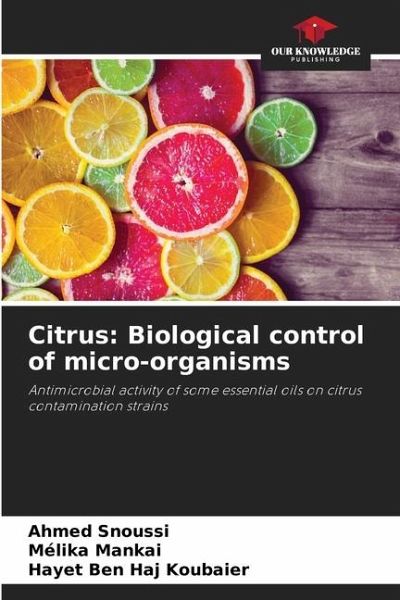
Citrus: Biological control of micro-organisms
Antimicrobial activity of some essential oils on citrus contamination strains
Versandkostenfrei!
Versandfertig in 6-10 Tagen
29,99 €
inkl. MwSt.

PAYBACK Punkte
15 °P sammeln!
The search for new phytosanitary products of natural origin presenting less danger to human health and the environment has become a necessity. Essential oils (EO), produced by certain plants with antimicrobial properties, can contribute to the biological control of citrus fruit rot during storage. We isolated and identified six pathogenic bacteria from preserved citrus fruit: E. coli, S. aureus, S. thyphi, S. sonnei, B. cereus, P. aeruginosa and a fungal strain Trichosporon spp, followed by the antibacterial and antifungal activity of eight essential oils: Thymus vulgaris, Salvia officinalis, ...
The search for new phytosanitary products of natural origin presenting less danger to human health and the environment has become a necessity. Essential oils (EO), produced by certain plants with antimicrobial properties, can contribute to the biological control of citrus fruit rot during storage. We isolated and identified six pathogenic bacteria from preserved citrus fruit: E. coli, S. aureus, S. thyphi, S. sonnei, B. cereus, P. aeruginosa and a fungal strain Trichosporon spp, followed by the antibacterial and antifungal activity of eight essential oils: Thymus vulgaris, Salvia officinalis, Allium sativum, Myrtus communis L, Rosmarinus officinalis, piper nigrum, Carum carvi L and Syzygium aromaticum was tested by direct contact techniques (the aromatogram) to show strong efficacy against all the strains tested, as thyme EO possesses the greatest antifungal power among the oils, with a zone of inhibition diameter of 48mm and MIC 0. 03(%v/v).





